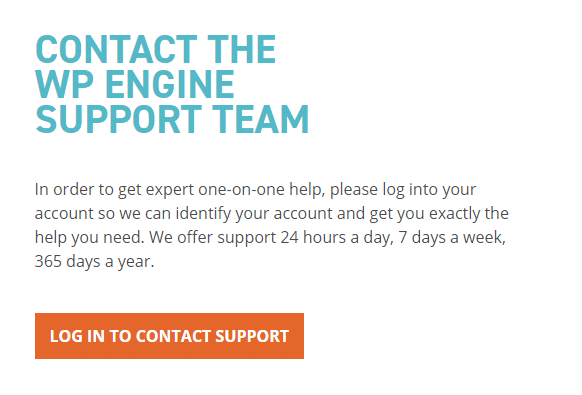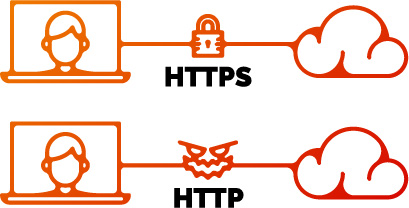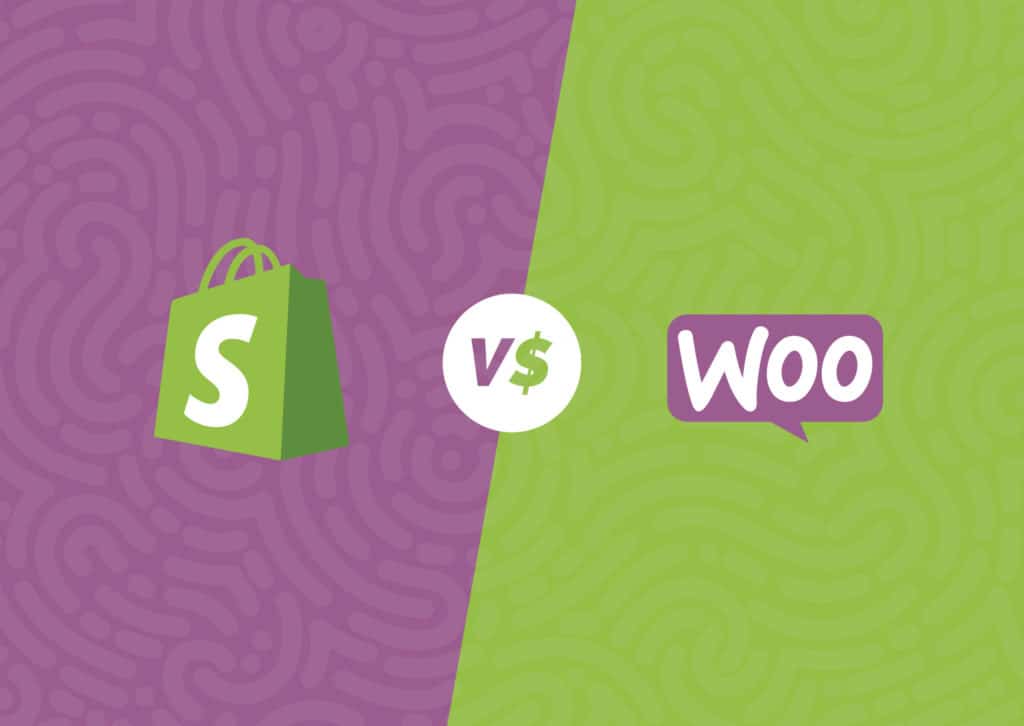Hosting is one of your most important decisions when launching a new website. Take our word for it: we’ve launched a few. However, too many people don’t take it seriously.
Of course, it’s human nature to seek the best deal and to try to get the most value out of a service—even when that service can be ambiguous or confusing. But at what point does natural frugality become penny-pinching?
Having formerly worked at a large Phoenix-based hosting provider, I’ve explained to hundreds and hundreds of normal, everyday people what Managed WordPress hosting is, what it does, and why a website needs it. Oftentimes, it would all come down to “how much does it cost.”
That’s ridiculous.
Imagine a scenario where you’ve had designers, developers, and UX/UI teams put dozens of hours into building your business website just the way you want it. But at launch, you make your hosting decision on price alone, casting aside important factors like page load speed, manageability, customer service, and security. It sounds crazy, but CEOs and CFOs do it all the time.
It’s like putting ketchup on Filet Mignon or wooden cartwheels on a Ferrari. It may save you money, but it ruins your high-quality product.

Anyone building a high-quality website should consider Managed WordPress Hosting. It’s an optimized, secure, and consistently maintained platform designed for hosting WordPress sites. All your maintenance—such as OS patching and updates—is performed entirely by the host, which means that you don’t have to worry about the nitty-gritty details at all.
But if you’re paying someone to manage all those details, don’t you want them to manage it the right way?
To give you an idea about how much of a difference high-quality managed hosting makes, we’ll be comparing GoDaddy’s Managed WordPress Hosting platform to the Fyresite hosting platform, which uses WP Engine’s Managed WordPress hosting.
Managed WordPress Hosting: Speed
The faster your website loads, the more page views and revenue you will receive. Latency causes distraction from your products, mistrust in your brand, and a loss in both revenue and traffic.
All the data agrees: speed is everything. Studies show that site conversion drastically drops off at about 5 seconds, and more than half of visitors abandoned a mobile site if a page takes longer than three seconds to load. Since June 2018, latency even became a ranking factor on Google. Slower sites rank lower in searches. Isn’t that reason enough to worry about loading speed?
On the other hand, quicker web experiences lead to higher user engagement, conversions, and ROI. In other words, a faster website makes you more money. So how can you rake in more money and lower that latency?
Lots of things can cause latency—your ISP, the quality of code used to build your site, the device that is loading the page, geolocation, caching—but hosting can be a huge factor. So which hosting platforms have the lowest latency?
We happen to have quite a bit of experience with hosting platforms, so we’ve noticed a few trends. Unsurprisingly, your typical cPanel shared hosting plans (think Bluehost or GoDaddy Shared hosting) are noticeably slower than Managed WordPress Hosting. However, we’ve also noticed that, on average, GoDaddy Managed WordPress Hosting sites take up to twice as long to load as their WP Engine counterparts.
That’s right! Wpengine hosting is twice as fast. Do those extra savings still seem so wise?
Managed WordPress Hosting: Customer Service
Most business leaders overlook this factor when comparing options, but it’s arguably one of the most important. WPengine support is available 24/7 via a chat window from within your account.

GoDaddy also offers 24/7 support. But is all 24/7 support really created equal?
In the last 8 years, I’ve had hundreds of interactions with both hosts. To be fair, I’ve had good and bad experiences with both, but that doesn’t mean that there isn’t a clear victor.
I normally only have to speak to WP Engine support once before they solve an issue. But with GoDaddy, I’ll typically have to call multiple times and talk to multiple agents before the problems get fixed.
But that’s not all. GoDaddy employees have sales quotas and are financially compensated for selling more than their expected metrics. That means any support call can turn into a sales pitch at a moment’s notice. Imagine how frustrating that can be: you’re grinding to put your website back online during critical business hours, but the bored tech on the other end of the phone keeps trying to sell you something at the end of every interaction.
Personally, I prefer the no-nonsense chat feature WP Engine uses because it is immediate: I’m chatting with someone within seconds, and it’s a consistent experience. While GoDaddy also offers chat functionality, it’s too sales-focused. For those reasons, I always recommend WP Engine for customer support.
Managed WordPress Hosting: Security
Both hosts maintain the servers by updating the stack and OS regularly, which means that you can stay hands-off. But WP Engine still pulls ahead.
Both hosts offer nightly backups, so if something disastrous happens—like an update that breaks the site or a big human error—you can restore your site at a moment’s notice. But while GoDaddy only holds 30-day rolling backups, WPEngine holds 60-day rolling backups.
The biggest security advantage of WP Engine, however, is in the SSL. GoDaddy only offers a year of free SSL—and only if you purchase their most expensive package. It renews at close to $100 after the year is up in addition to the cost of the plan itself. WPEngine, on the other hand, utilizes Let’s Encrypt SSL services, which are free for life.

Don’t think SSL is worth the hassle? Well, it’s what lets your visitors know that their data is secure. It’s mandatory for transactions. It even factors into Google rankings.
So Is High-Quality Managed WordPress Hosting Worth It?
Evaluate all these factors when comparing value beyond a pricepoint.
While GoDaddy has made leaps and bounds in improvements to its hosting platform, it still battles a historically poor reputation.
In my opinion, while GoDaddy may eventually be able to offer a comparable service to WP Engine, it currently pales in comparison to the complete package that WP Engine offers. Though it comes in at a higher price point, there have been numerous occasions where I’ve needed a hero—and they consistently overdeliver. That—along with the speed and quality of their next-level technical support—is why we will continue to utilize the WP Engine platform as our preferred and recommended hosting solution.
Want to find out what we can do for your WordPress website? Please check out our web development services. We’d love to chat about how hosting providers can impact your business.
 Steven Martis
Steven Martis 

